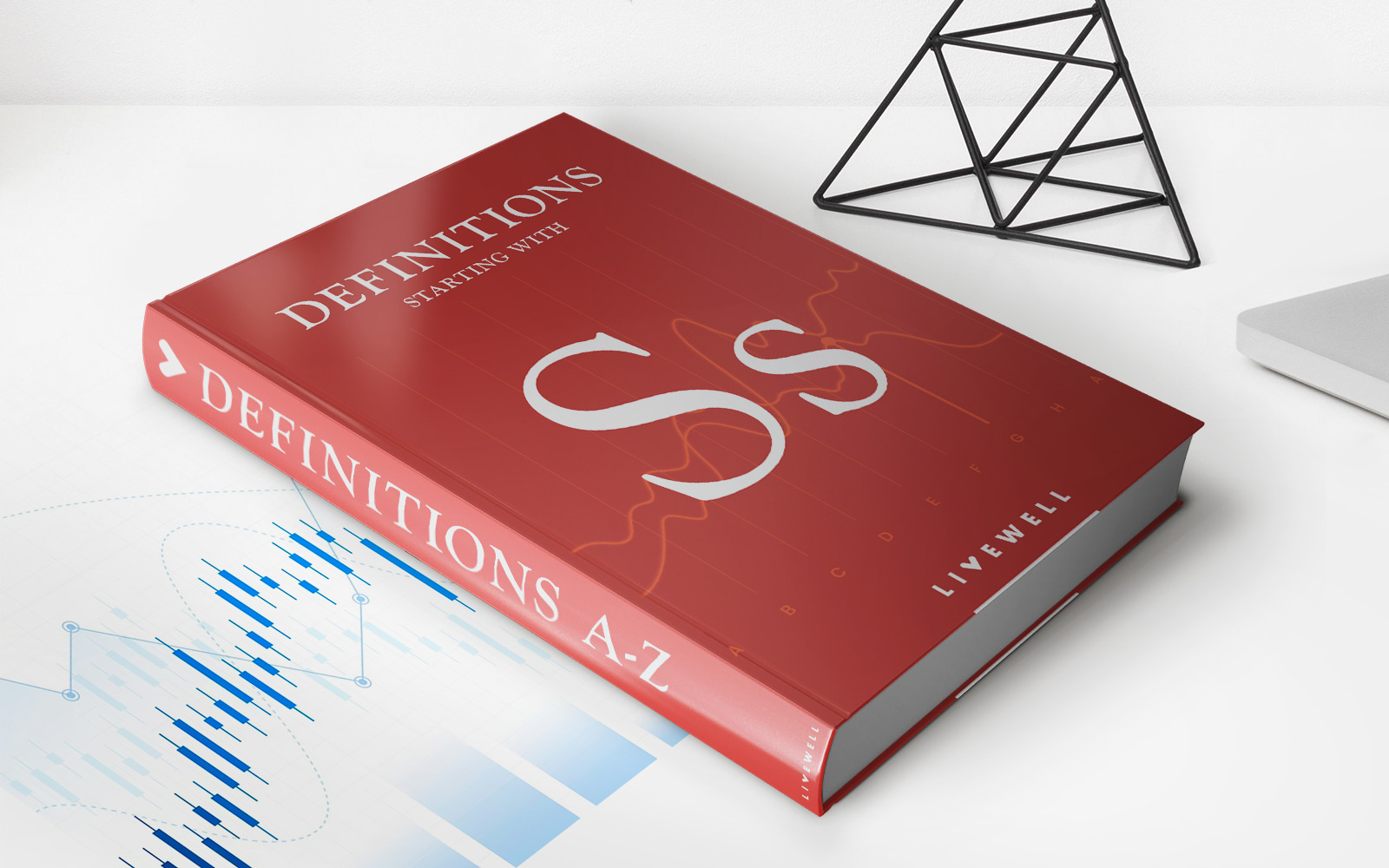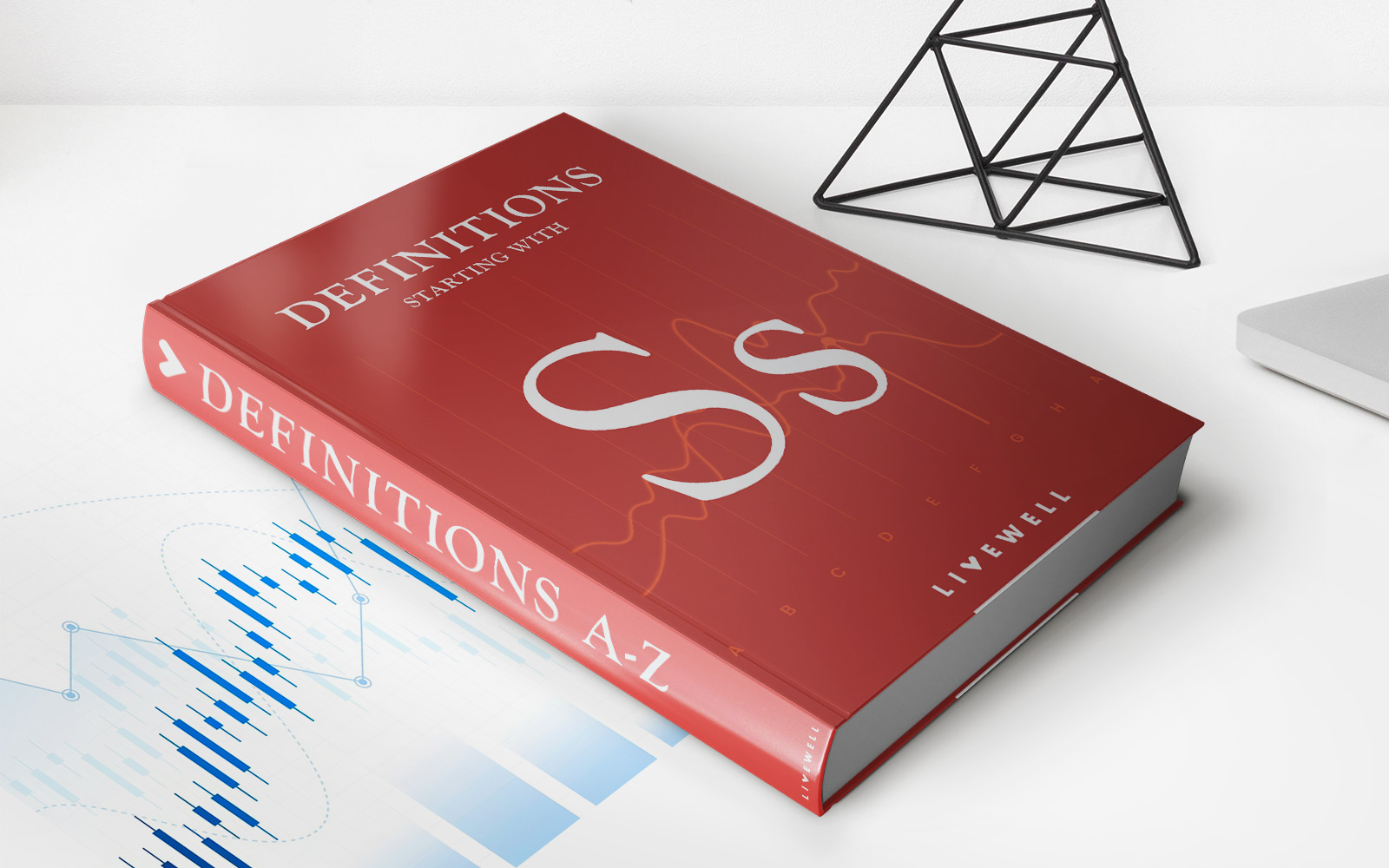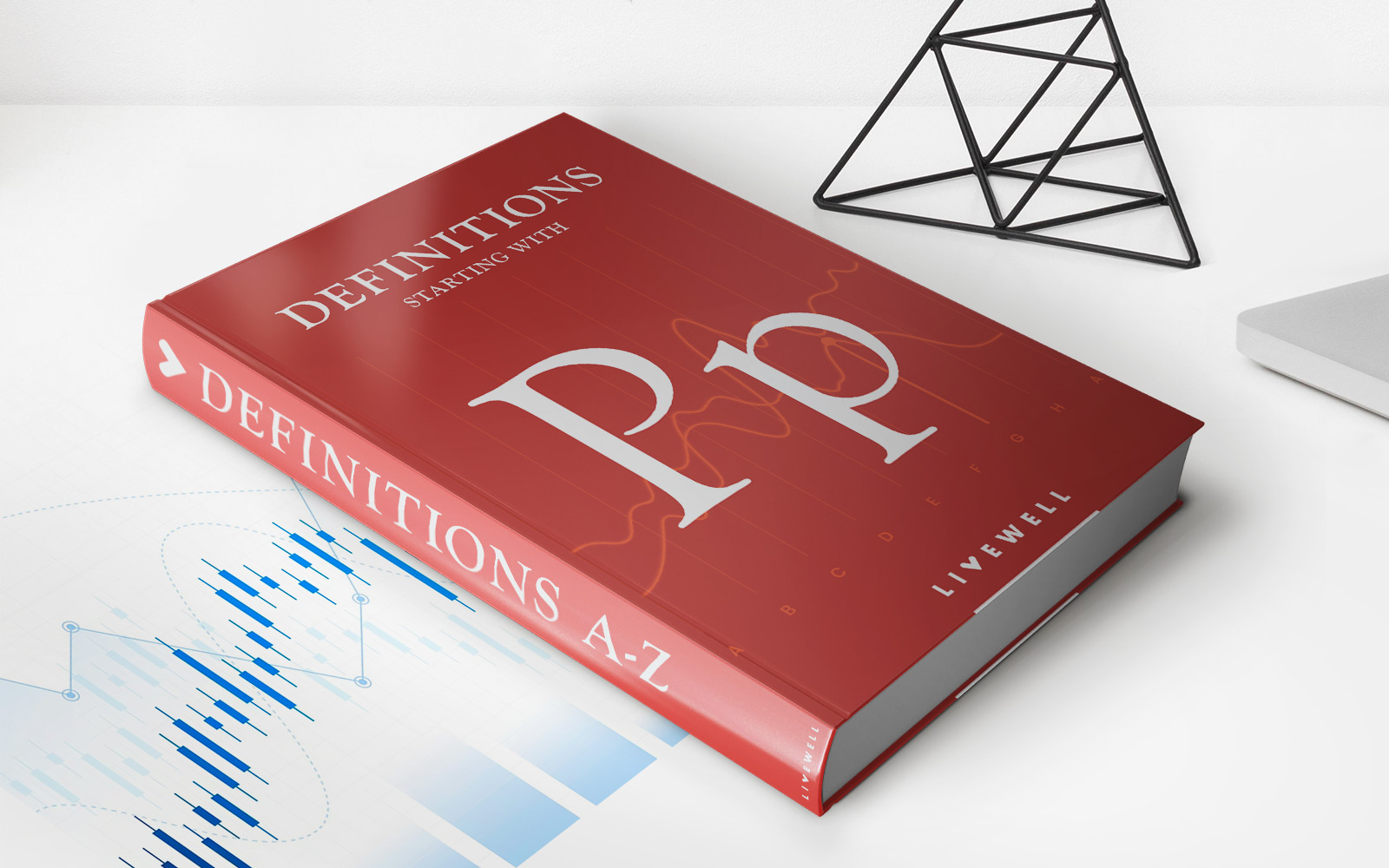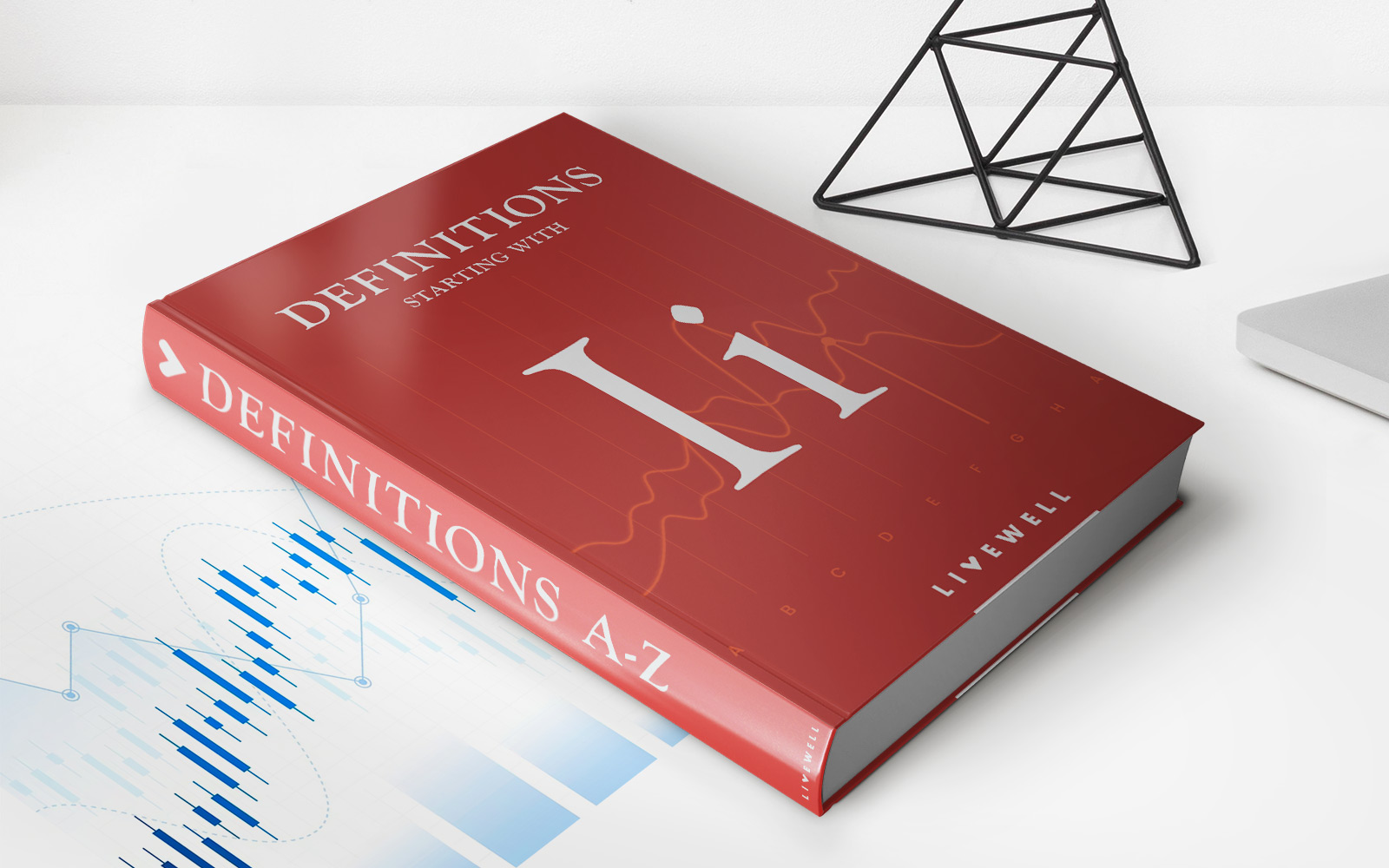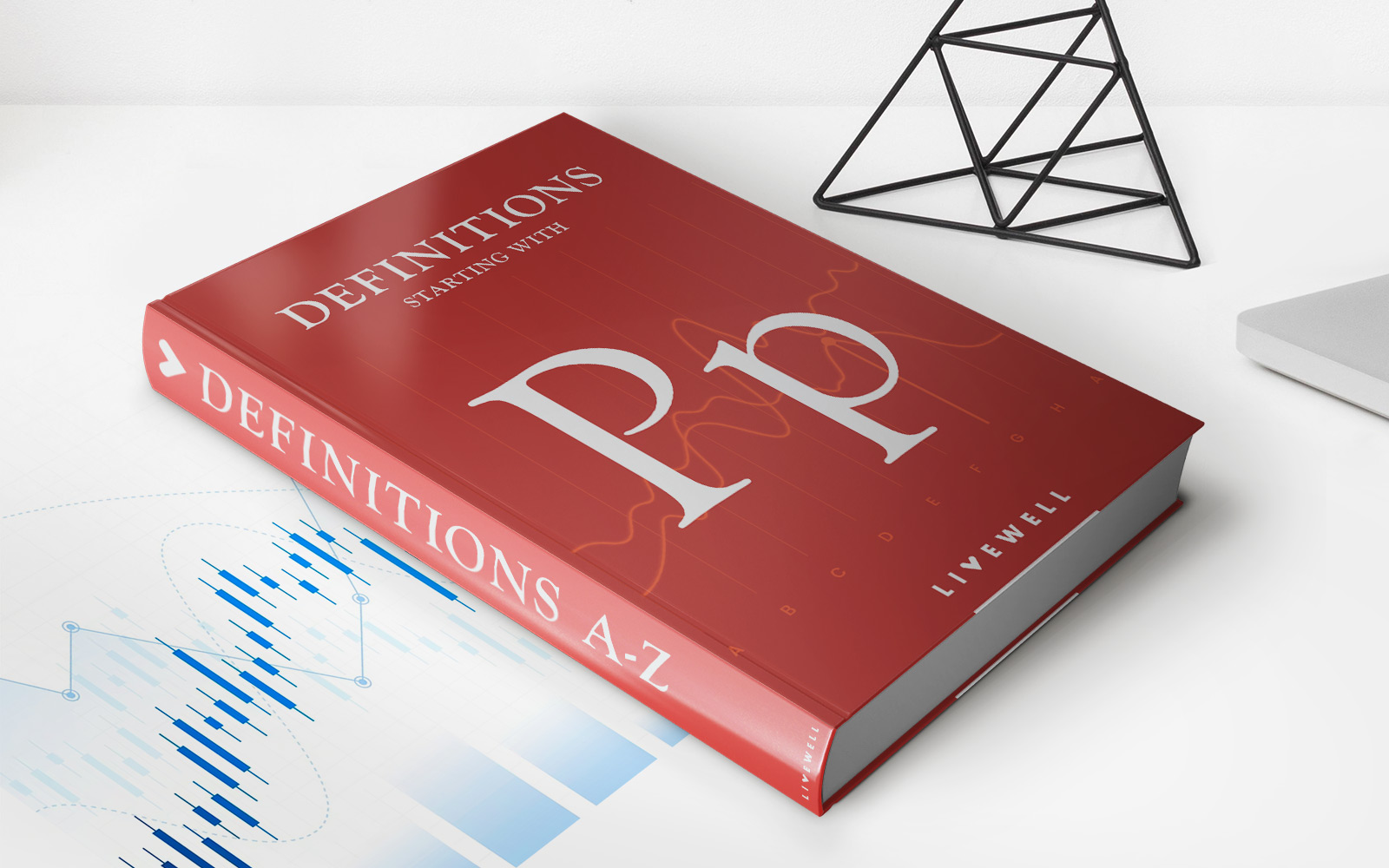

Finance
Pension Shortfall Definition
Published: January 7, 2024
Discover the meaning of pension shortfall in the world of finance and learn how it impacts your financial future.
(Many of the links in this article redirect to a specific reviewed product. Your purchase of these products through affiliate links helps to generate commission for LiveWell, at no extra cost. Learn more)
Understanding Pension Shortfall: Definition and How to Address It
When it comes to financial planning, securing a comfortable retirement is a top priority for many individuals. One crucial aspect of retirement planning is having enough funds to cover your living expenses once you stop working. This is where a pension plan plays a significant role, ensuring you have a steady income stream during your golden years. But what happens if your pension falls short? In this blog post, we will define a pension shortfall and discuss strategies to address it.
Key Takeaways:
- A pension shortfall refers to the situation where your pension income is not sufficient to meet your retirement financial needs.
- Pension shortfalls can arise due to various factors, such as insufficient contributions, economic downturns, or changes in retirement regulations.
What is a pension shortfall?
A pension shortfall occurs when your pension income falls short of covering your retirement expenses. In other words, it’s the gap between the amount you receive from your pension plan and the amount you actually need to maintain your desired lifestyle.
There are several reasons why a pension shortfall may happen:
- Insufficient contributions: If you haven’t saved enough or made substantial contributions to your pension plan over your working years, it’s more likely that you will face a pension shortfall in retirement.
- Economic downturns: During economic downturns, investment returns on pension funds may decrease, resulting in lower pension payouts.
- Changes in retirement regulations: Government policies and regulations regarding pensions can change, potentially impacting your expected pension income. It’s essential to stay informed about updates to retirement rules that could affect your financial situation.
- Longer life expectancy: Living longer than expected can cause a pension shortfall, as you may outlive the projected lifespan for which your pension was calculated.
Addressing a pension shortfall:
While facing a pension shortfall can be concerning, there are strategies you can employ to address the shortfall and improve your retirement outlook. Here are a few possible approaches:
- Assess your retirement needs: Evaluate your desired lifestyle in retirement and estimate how much income you need to maintain it. This will help you determine the extent of your pension shortfall.
- Increase contributions: If feasible, consider increasing your contributions to your pension plan to bridge the gap between your existing savings and your projected retirement needs.
- Explore alternative income sources: Look for additional sources of income, such as part-time work, rental properties, or investments, to supplement your pension income.
- Adjust your retirement timeline: Delaying your retirement can provide extra time to boost your savings and reduce the impact of a pension shortfall.
- Seek professional advice: Consult with a financial advisor who specializes in retirement planning. They can help analyze your pension situation and recommend appropriate strategies tailored to your circumstances.
Remember, it’s never too early or too late to start planning for retirement. By being proactive and taking steps to address a potential pension shortfall, you can work towards securing a comfortable and financially stable future.


